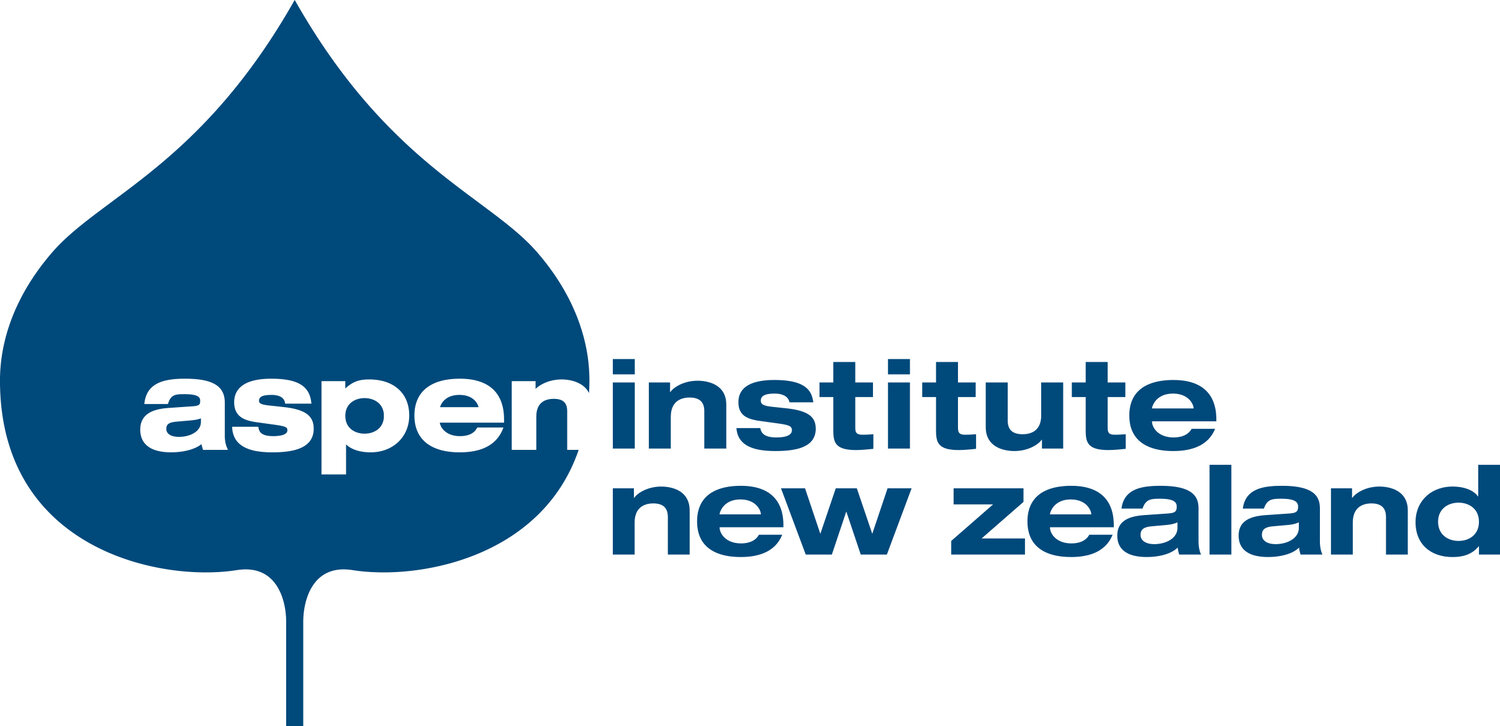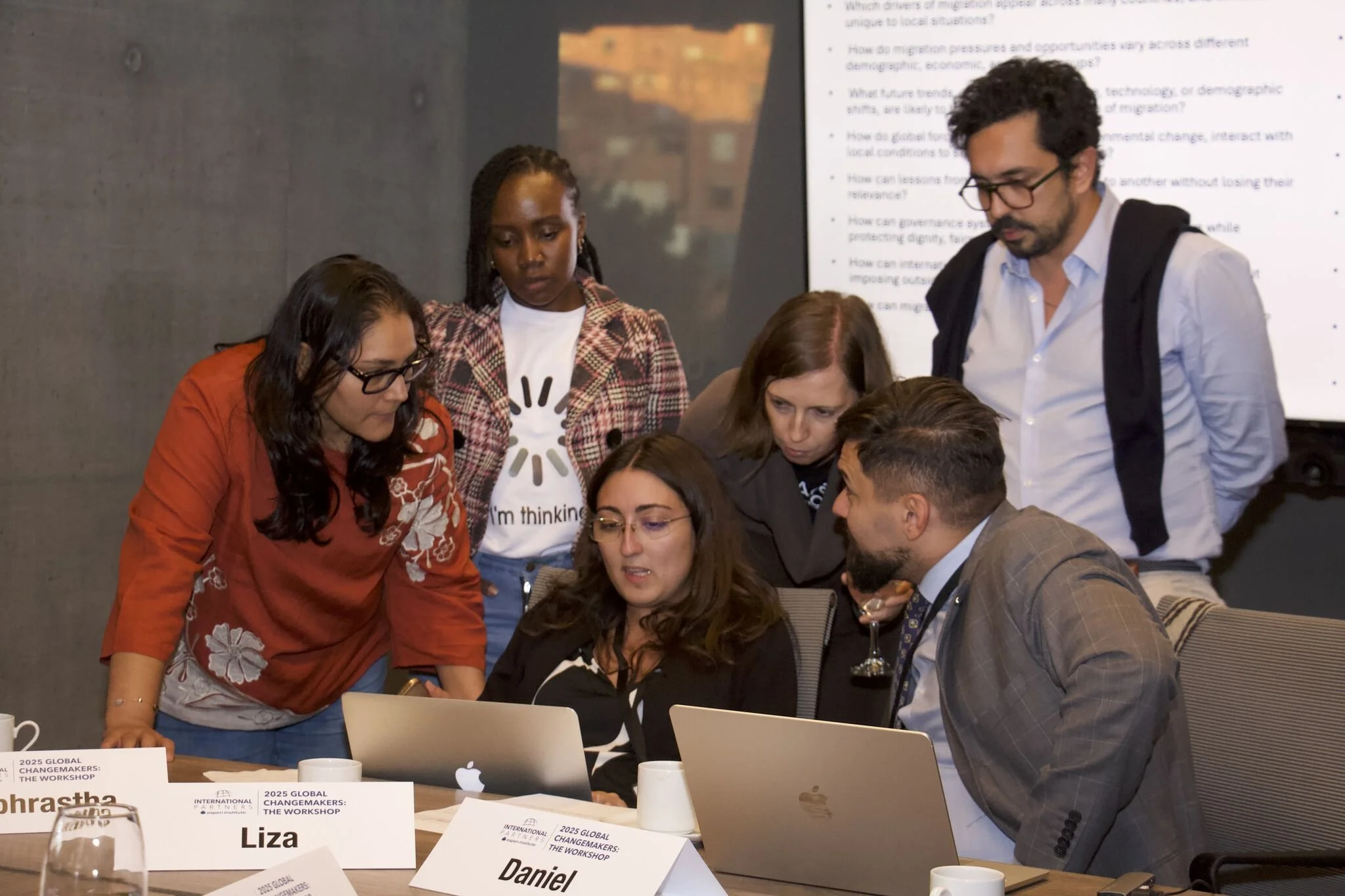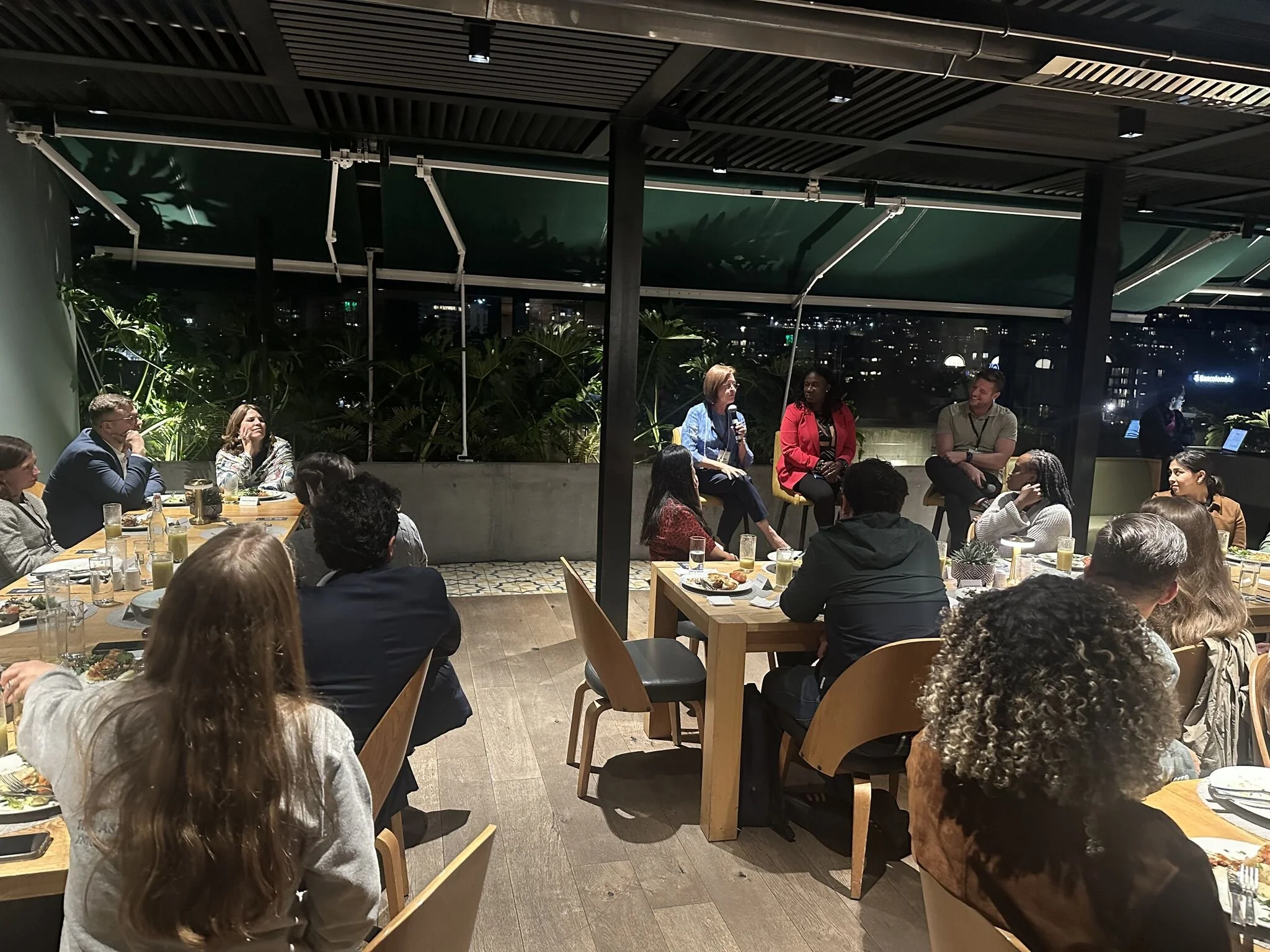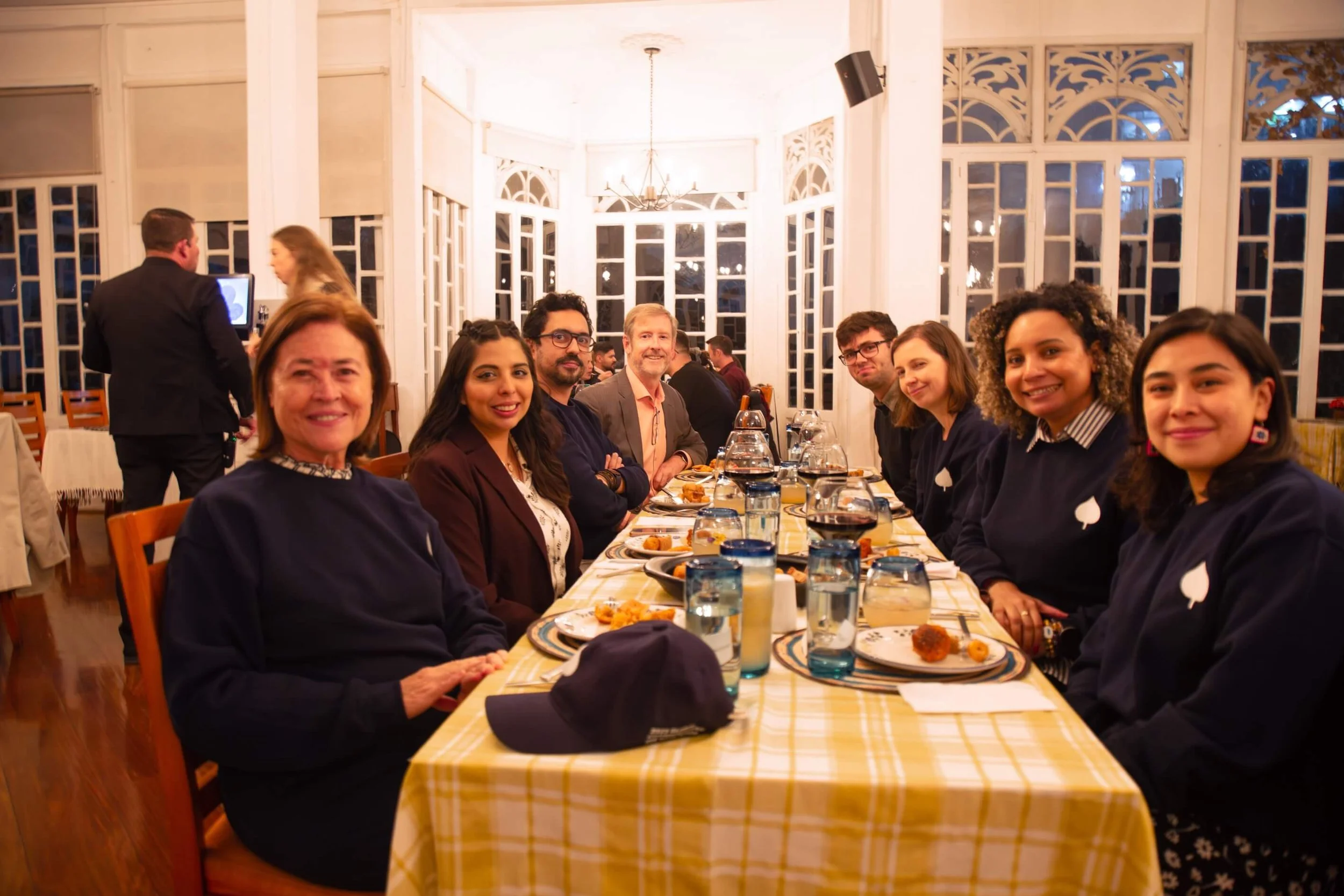A Human-Centred Approach to Migration: Lessons from the Global Changemakers Workshop 2025
Global Changemakers Workshop 2025:
The Price of Passage
By Archie Ritchie, Aspen NZ Global Changemakers Scholarship Recipient 2025
In early October, I had the privilege of attending the third edition of the Global Changemakers Workshop in Bogotá, hosted by Aspen Institute Colombia and Aspen International Partners. Titled "The Price of Passage", the workshop brought together a remarkable group from across Aspen’s international network – from Washington, D.C. to Nairobi, to an indigenous community in Nagaland, India – for a timely dialogue on migration. We explored how our collective response to migration can threaten democratic ideals, and how it poses a challenge to a global community increasingly at risk of division.
Proudly flying the New Zealand flag, I joined this diverse cohort for a workshop that allowed us to lift our sights above “the possessions which possess us,” stepping away from the noise of daily life, as the founder of the Aspen Institute, Walter Paepcke, had envisaged. Throughout the seminars and policy roundtables, we explored the values that underpin the "Good Society” and the role migration plays within it. The seminars laid the foundation for the four policy roundtables, which traced the stages of a migrant’s journey from internal displacement, through the transit process, to arrival at their destination.
Todd Breyfogle, Executive Director of Seminars at the Aspen Institute, opened the workshop with reflections on the Institute’s 75-year history. He shared insights from the Goethe Convocation program, which captured why Goethe was chosen as the Institute’s founding inspiration:
Goethe represented the universality rather than the specialization of knowledge; humanity rather than the nation; the dignity of the individual rather than the power of the state.
These themes emerged in the closing reflections from the workshop: the need for a humane approach which upholds the dignity of migrants; the importance of international cooperation; and the power of shaping narratives.
Human-centred Approach
Migration is a story as old as time and proven to be one of the most effective ways for humans to seek refuge from imminent danger and improve their lives. In this sense, it is a deeply human process. This is not always reflected in policies, which fail to protect migrants' dignity and humanity throughout this journey. Migrants' voices need to be elevated to make this case; preferably, there would be appropriate representation at the policy-making table.
This was highlighted by a Human Library session, facilitated by Aspen Institute Colombia, where we heard from several migrants about their first-hand experiences, including both Venezuelan and internally displaced migrants. The stories were confronting, making a compelling case for broader legal pathways to migration and for adequate protections throughout the migration process. Together, these measures would help prevent trafficking and exploitation.
International Cooperation
As inspired by Goethe, the Aspen Institute is focused on humanity rather than traditional nation state borders and forming strong global cooperation. Many of the drivers of migration are international (such as climate change which is a growing structural driver of migration) and ignore state borders. Therefore, no country can shoulder the responsibility in isolation.
New Zealand has an important role to play in the South Pacific in building community resilience to adapt to the changing climate but also provide legal paths to migration for climate refugees.
Shaping the Narrative
In our final session we concentrated on how we can change the narrative on migration, either at the local or national level, highlighting the importance of tailoring the message to policymakers. There was consensus among participants that making a strong economic case for migration could be effective in countering fear-inducing rhetoric – the kind that often uses migrants as a convenient scapegoat for underlying dissatisfaction with the status quo.
In true Aspen Institute fashion, the space carved out between the formal sessions proved just as valuable. We were given the opportunity to experience Colombia, visiting the Museo Nacional de Colombia, having a guided graffiti tour through Bogotá’s streets, and spending a morning hiking above the city, which all provided insight into Colombia’s complex and, at times, brutal history.
I was also fortunate to build strong friendships across the globe, learning from different perspectives shaped by our shared and diverging histories, and enjoy wide ranging discussions on issues beyond migration.
I look forward to continuing these conversations back home and contributing to a more inclusive and resilient Aotearoa New Zealand. Migration is central to the identity of our country, and it will continue to be so in the years ahead. As we navigate the challenges of climate change, displacement, and global inequality, we must ensure that we foster cooperation on the global stage and act with compassion.
Ehara taku toa i te toa takitahi, engari he toa takitini.
My strength is not that of one, but of many.
I am incredibly grateful to Aspen New Zealand and Aspen International Partners for making this trip possible, and to Aspen Institute Colombia for their generous hospitality.








